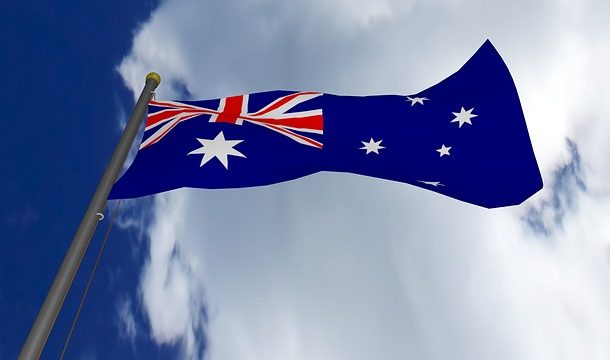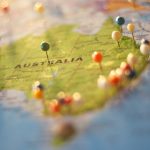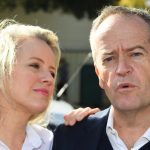Australian citizenship – who is in and who is out?

The Leader of the Opposition, Bill Shorten, proposes referendums to amend the Australian Constitution to require four-year fixed parliamentary terms and to establish Australia as a Republic.
Fixed four-year terms would strengthen government and a Republic would reflect self-assured nationhood. So, too, would allowing any Australian the opportunity for election to Parliament, as one of two preliminary and more urgent priorities. The right to stand for election to parliament is a matter of substantively equal citizenship; a question of who fully belongs and who does not. In the same way, inclusion is the Referendum Council’s democratic purpose when it argues for a constitutionally protected indigenous voice to parliament.
Aristotle thought of the citizen as ‘one who deliberates’. Approaching the task with due care at election time should provide confidence in one’s choice to serve four years. However, political events of the last two weeks have brought together, in dramatic fashion, the questions of who is in and who is, at least partially, out of the Australian nation and what, exactly, that nationhood means. Who one can choose as one’s representatives is more important than the term they serve. Resolving the state’s incapacity to insist on a secure indigenous voice in public affairs is also democratically more pressing.
Republicanism is a question of to what, exactly, the citizen belongs. It is a question of nationhood, identity and self-assurance. Together with restrictions on election to Parliament and the recognition of distinctive indigenous political voice, republicanism draws out a series of contradictions and insecurities in national identity. Insecurities about what it is to be a commonwealth.
At the same time as accepting a non-Australian Head of State, Australia worries that almost half its population who were born elsewhere or who have a parent born elsewhere, may be unsuitable to serve its people as members of Parliament. It is a fragile nationhood when so many are treated with that suspicion. It is a fragile nationhood that is uncertain about giving its indigenous citizens guaranteed voice in the affairs of a state that has emerged without their consent and which presumes to make laws and public policies for and about them, but without their democratic voice.
The argument that dual or plural citizens of other states are necessarily unsuited to serving Australia’s interests in parliament, even though Australia depends on migration for its livelihood, is justified only if one can identify serious and substantive conflicting loyalties. One must be able to say how, exactly, the conflict is so strong that it makes an Australian citizen incapable of serving the national interest.
The relationship with the republican case is clear. If the conflict with an allegiance to Britain, Canada or New Zealand is so strong that citizens of those countries can only be accepted into the Australian community on a conditional basis, there must be an equivalent risk in sharing the same Head of State. History suggests a stronger relationship with jurisdictions whose political systems share the same origins. Italy and Greece, the home of democracy, also share important cultural and economic ties with Australia. They share allegiance to ideals and aspirations much greater than an insecure Australian nationhood.
Australia shares high level national security information with some of these jurisdictions, yet finds their citizens threatening. In the cases of Canavan, Ludlam, Waters and perhaps Banks and Roberts, it finds them threatening for the passports they have chosen not to hold. The argument is not one of doing special favours for a small group wrongly elected to parliament, but a matter of the national confidence and maturity to include everybody, and broaden the pool of compatriots from which one may choose parliamentary representatives.
While the matter of who is in and who is out is confined to the Senate, the debate may seem abstract. One Green going and another coming does not change the balance parliamentary power. However, the possibility of a member of the government losing her seat in the House of Representatives, where the government holds a one seat majority, because a father may have as a matter of Greek law passed citizenship to his daughter is alarming. A confident and mature democracy would not accept the possibility of another country’s laws bringing its government down. This alone, questions the wisdom of Section 44 of the Australian Constitution.
Indigenous Australians have long experienced exclusive citizenship. It is ironic to be considering a proposal to raise their deliberative capacity while not admitting that such deliberation might be more valuable if it is with all not just some other citizens. These are debates about what it means to be a citizen, what it means to be an inclusive democracy and about the nature of national identity and self-assurance. It is only once there is intellectually consistent agreement about who may fully deliberate that Australia will be placed to consider the term of its parliament.

Dominic O’Sullivan is Professor of Political Science at Charles Sturt University and Adjunct Professor in the Centre for Maori Health Research at the University of Auckland University of Technology. His recent publications include ‘We Are All Here to Stay’: citizenship, sovereignty and the UN Declaration on the Rights of Indigenous Peoples and Sharing the Sovereign: Recognition, Treaties and the State.











